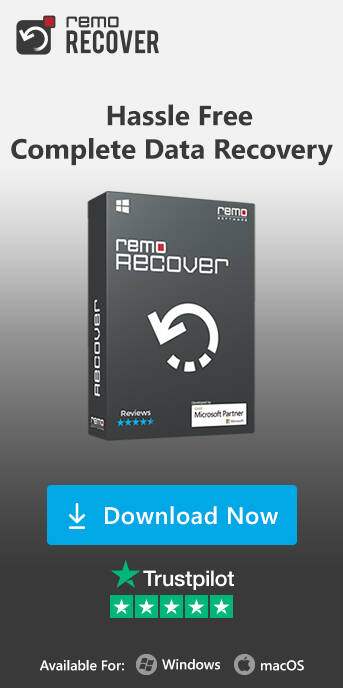Utility software is designed to help analyze, configure, manage, maintain, and optimize a computer and enhance the computer’s overall performance.
It is a program that performs a specific task, usually managing system resources. Utilities are sometimes also installed as memory-resident programs.
Utility software usually focuses on how the computer infrastructure, including computer hardware, application software, operating system, and data storage programs operates. These utilities could range from the small and simple to the large and complex that can perform either a single task or multiple tasks. Some of the functions performed by these utilities are backup utilities, data compression, disk defragmentation, data recovery, management of computer resources and files, repairing files, system diagnosis, virus detection, and many more.
Examples of Utility Programs
Some examples of utility programs (Utilities) include:
Storage Device Management Utilities:
Storage Device Management utilities are programs that manage and optimize internal and external storage devices.
- Backup software
- Disk Defragmenters
- Disk Space Analyzers
- Registry Cleaners
File Management Utilities:
File Management utilities, as the name suggests, are utilities that are designed to manage your files.
- File Archivers
- File Managers
- File Compression
- Disk Cleaners
System Utilities:
System utilities are utilities that are specifically designed to manage, maintain, and optimize systems. These utilities are built to perform specific tasks like antivirus protection, management of files, disk management, and optimization of system performance.
Examples of system utilities include:
- Application Launchers
- Antivirus software
- Data Security
- Disk defragmenter
- Disk Cleanup tool
- Disk Repair
- File manager
- Backup utility
- System information tool
- System Profilers
- Performance Monitor
- Registry cleaner
- Driver updater
- Uninstaller
- Startup Manager
- Network Managers
And many more. In addition, operating systems contain a number of utilities for managing disk drives, printers, and other devices.
Advantages of utility software
Utility software has been designed specifically to help manage and tune operating systems, computer hardware, and application software of a system.
- It performs a specific and useful function to maintain and increase the efficiency of a computer system.
- Aids in keeping the computer free from unwanted software threats such as viruses or spyware
- Adds functionality that allows the user to customize your desktop and user interface
- Manages computer memory and enhances performance
These programs generally assist the user to make and run their computer better. They are also used for password protection, memory management, virus protection, and file compression to efficiently manage all computer functions, resources, and files.
Differences between applications and utilities
Utilities differ from applications mostly in terms of size, complexity, usability, and function. Most importantly, utilities are more technical and are used by people with advanced computer knowledge. In contrast, application software is simple and can be used by any user with no or less technical knowledge.
For example, spreadsheet programs, word processors, and database applications are all referred to as applications as they are large programs and perform a variety of functions that are not directly related to managing computer resources.
